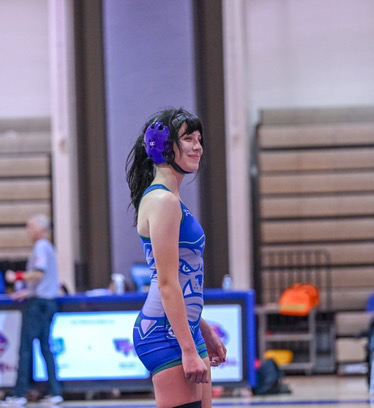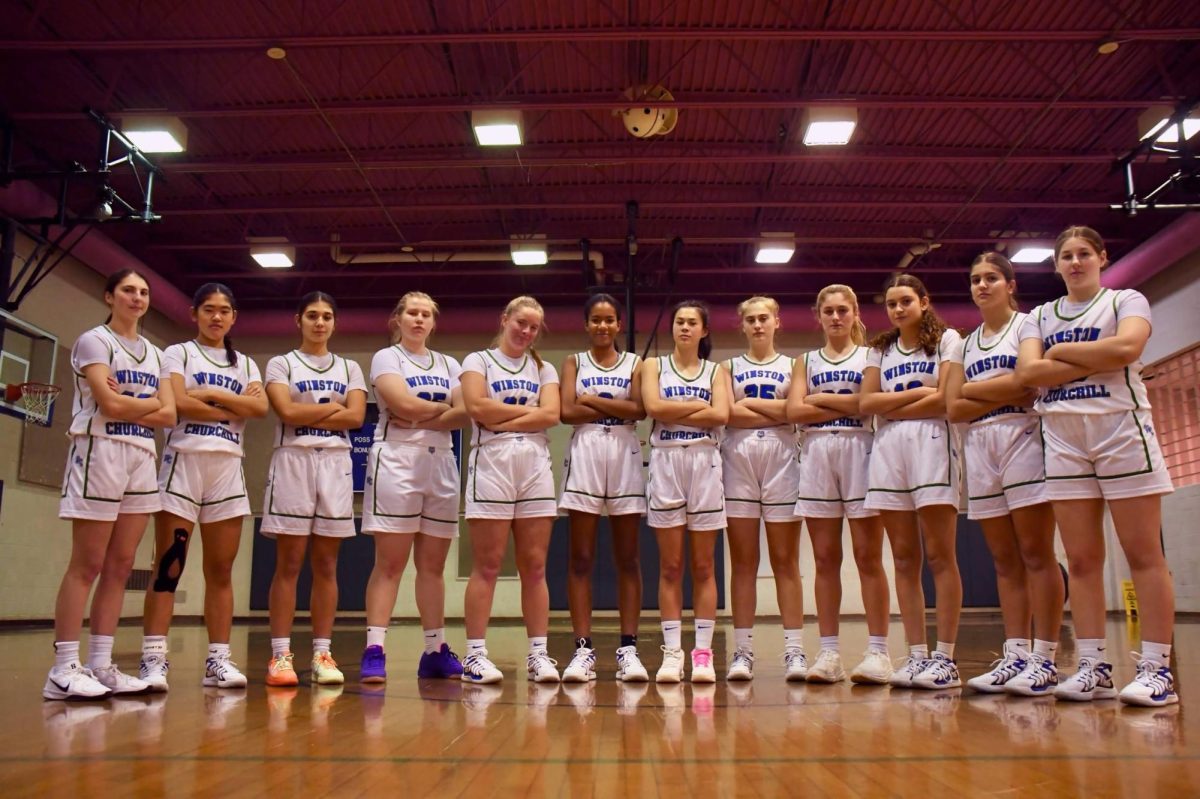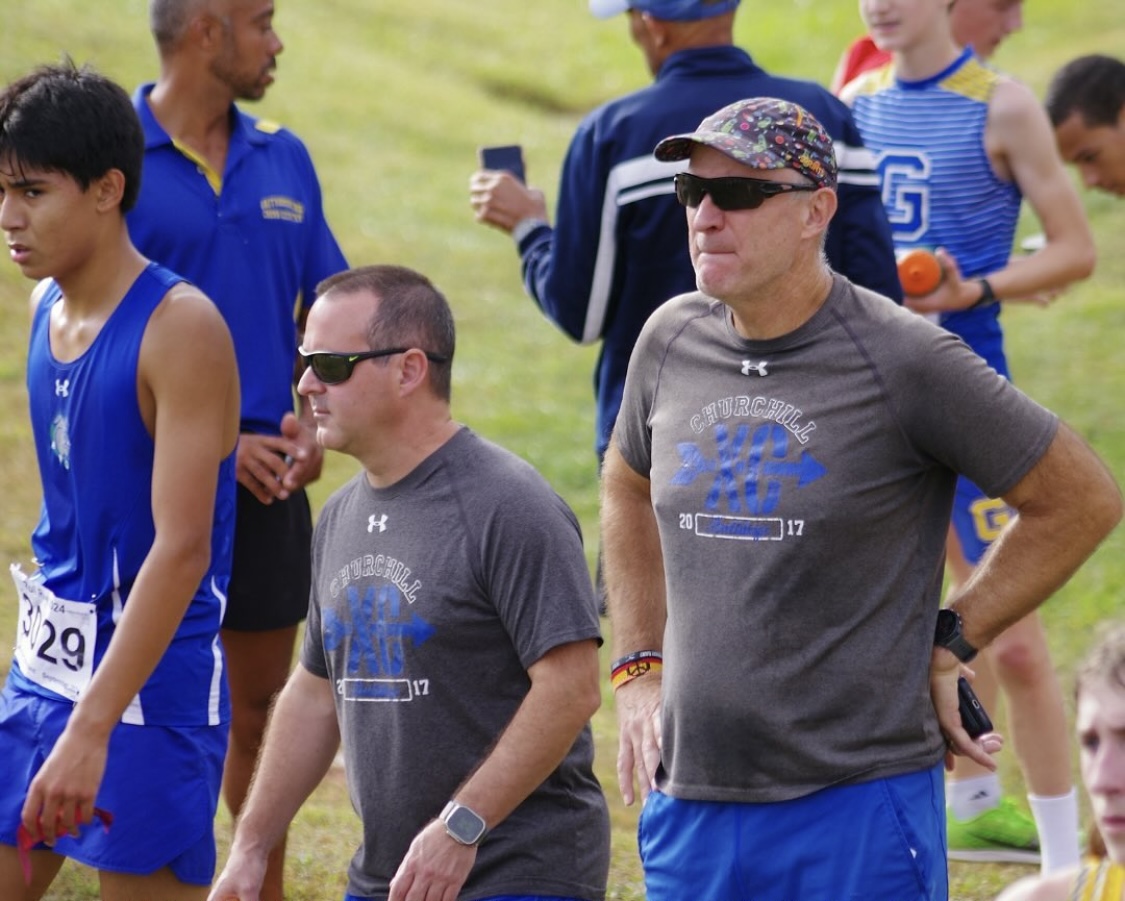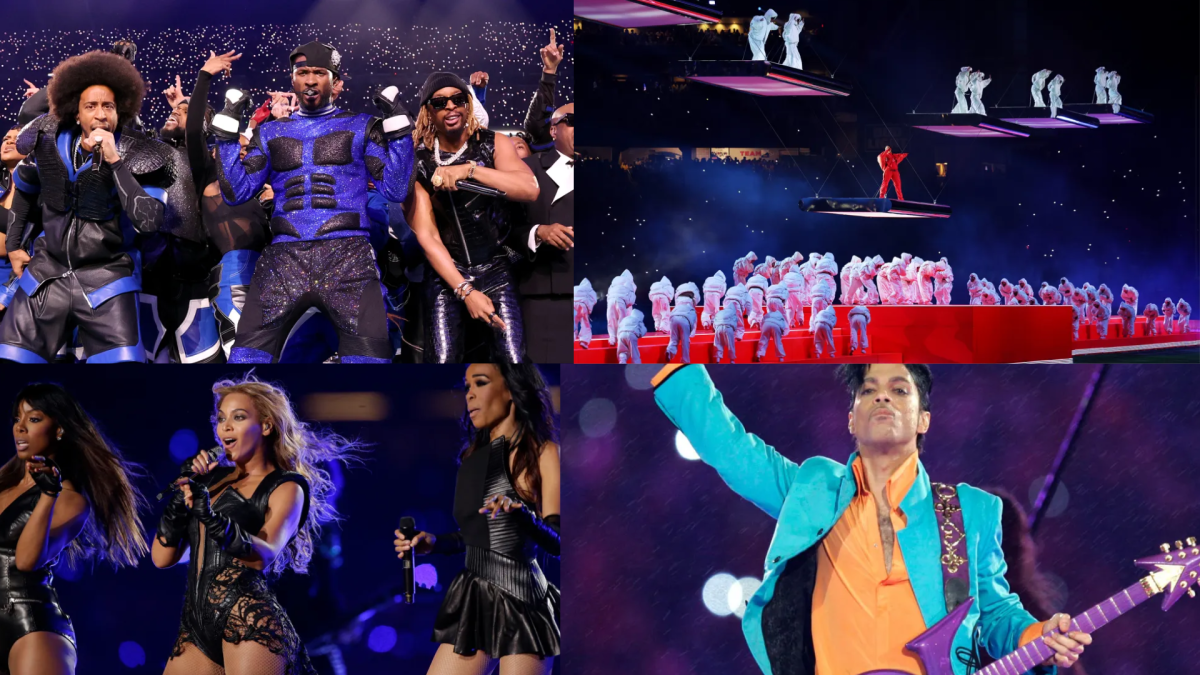High school athletes are not short of potential if the right coach can tap into it. Remember Denzel Washington in Remember the Titans? However, coaches are equally as capable of destroying potential. While coaching is not a popularity contest, coaching style is crucial to a team’s success, according to sports psychologist Keith Kaufman, because of its significant affect on players’ performances.
According to athletic director David Kelley, one of the most important things about coaching is understanding 14- to 18-year-old athletes.
“We have outstanding coaches,” Kelley said. “We’re having great seasons. This year, without a doubt, our student athletes have had super guidance by their coaches—we’ve had wild success. I can’t imagine anyone being displeased.”
However, many students are.
COACHES WHO CRITICIZE
According to senior Liam*, who played a fall sport and requested his name be changed, his coach’s negativity and critical style affected the team’s season, and they did well solely due to the talent of the players.
“We’re looking to excel in the higher level of play,” Liam said. “You expect better coaches, but you get a worse coach. [Coach] yells at us rather than try to fix the problem. No one’s good at talking to [the coach, who] never really connected. A lot of the times [coach] blamed the captains, said they were bad leaders, but the team didn’t agree.”
According to Kaufman, emphasizing the negative can be counterproductive, as it harms the athlete’s self-confidence and esteem. At CHS, being overly critical is a problem with more than one coach, according to players. Junior Reina*, who plays a fall sport, feels this is also the case with her coach.
“[Coach] is good, but never gives compliments,” Reina said. “[Coach] always criticizes. They should give constructive criticism. Most of the team is annoyed, but we can’t really do anything about it.”
WHAT STUDENTS CAN DO
Players, however, can take action if enough people have legitimate complaints. According to Kelley, the first thing the player should do is talk to the coach one-on-one.
“Being on a team is a growth experience,” Kelley said. “If they have issues, they should talk to the coach and express concerns. If things weren’t successful, I could mediate.”
However, senior Ted* who plays a spring sport feels this is easier said than done.
“What’s that going to do? We don’t have a lot of power,” Ted said. “If I knew the outcome of my actions could be positive, I’d do it, but it’s a lost cause if I do because nothing will happen. [Coach] would ignore it and repress it and change the subject. We don’t look forward to coming to practice. [Some players] can’t wait to get to the end of the season. An overwhelming majority of the team has some sort of animosity; [coach] finds ways to put us down even when we’re doing well.”
According to senior Tony*, who played a fall sport, the demand of playing for a CHS team took its toll on the players.
“We’re dealing with schoolwork, little sleep, and then practice,” Tony said. “You have to have a lot of toughness to play. At times [coach] put too much pressure. It was effective most of the time; sometimes it psyched us out.”
THE HIRING PROCESS
Though it’s inevitable for some players to not get along with coaches, many feel that the system of hiring and evaluating should change. According to Principal Joan Benz, coaches are hired through a contract with the Montgomery County Education Association and MCPS. The job can go to anyone cleared by both MCPS and MCEA, but teachers at CHS receive preference.
“We evaluate them yearly on whether or not they are good role models, content area and how they manage the team,” Benz said. “Generally in most cases, they do pass. If a whole team is dissatisfied, they let Kelley or me know.”
According to Kelley, he sits down with coaches yearly to review.
“I measure competence in the sport, administrative competence, and the ability to work with players,” Kelley said. “I try and watch all of our teams practice once a week. I see what’s going on. Dr. Benz is the boss, but she relies on me to handle athletics and make decisions regarding athletics. I think students should have a voice if they want to bring new sports in; I don’t think students should have a voice in how teams are managed.”
PROBLEMS WITH THE PROCESS
However, student athletes are the ones who have to deal with the management during their high school playing careers. According to senior Carl*, who played a fall sport, there should be a meeting with captains every year to evaluate the coaches’ on-field behavior.
“They should have a trial year,” Liam said. “They should ask the players not in front of the coach. They should sit in on meetings and research more. I hope the system changes. The players need good coaches to help them.”
Senior Tim*, who played a fall sport, thinks that while asking players for input is fair, high school kids cannot take into consideration everything that goes into hiring a coach. However, it would still be beneficial to make changes since he feels his coach would not be receptive to concerns.
“An additional perspective is good,” Tim said. “Across sports in general, I’ve heard complaints. It would be helpful [for Kelley] to meet with students without coaches there.”
Observing coaches during practice can also be ineffective, according to Ted.
“The interviewing process should include watching them interact with kids before,” Ted said. “When Kelley’s around, [coach] is on the best behavior, but when he leaves it’s back to usual. Have an observation process. I want a coach who understands we’re in high school and is positive.”
According to Kelley, while students have been included on interviews before to gain perspective, they may not be well enough aware of what the job entails. However, junior Sally* who plays a winter sport feels the opposite.
“There should be players’ say because they’re with them all year,” Sally said. “When I try to talk to [coach] I feel frustrated. [Coach] is stressed out, doesn’t talk and delegates too much. Our captain tried to talk to Kelley but [said] he wouldn’t even listen.”
QUESTIONING QUALIFICATIONS
Student input could also alleviate some of the helplessness athletes feel when questioning their coaches’ qualifications. According to senior Marsha* who plays a spring sport, she would change her coach if she could since most of the players don’t like the coach’s philosophy and personality, and don’t believe the coach has enough experience to guide the team.
“I wish there was a way to tell someone,” Marsha said. “You can’t go talk to the coach and expect it won’t affect their opinion of you. [Coach] has no experience—I walk into class and [the coach] is watching a YouTube video and then trying to teach us at practice. We’re not as good as we could be.”
Other students, such as senior Bella* who also plays a spring sport, feel similarly. According to Bella, the coach has no background in the sport, and therefore they do not practice proper skills and techniques. For coaches, balancing the role of a teacher and coach can be difficult, but according to girls basketball coach Kate McMahon, being a teacher is a huge asset.
“An effective coach has to know individual learning styles and content,” McMahon said. “At the heart of every coach is their goal to help kids and spread passion.”
And while it may not be the place of the players to question a coach’s knowledge of the content, there are times when the team’s play is affected.
“Even though we won, we played poorly,” junior Mike*, who played a fall sport, said in regards to a game. “[Coach] told us we played well—we were all confused. Even though we played bad, [coach] likes the effort. At the same time, [the coach] shouldn’t be saying good stuff. We deserved to lose.”
DRAMA AT GAMETIME
Senior Zeke* played a fall sport his first two years of high school and felt the politics got in the way of him fulfilling his potential.
“It’s one of the most successful programs,” Zeke said. “Lately, the prestige has gone down. Every year it’s gotten worse. It has to do with the way the coaches are motivating the players. If I’m leading scorer and I’m not getting any playing time, what’s my motivation? A lot of players on JV gave up. [Coach] favored the players who played for [a club team] because [coach] wanted to improve their players.”
Senior Lee*, who played a fall sport, received a new head coach for his final year and also thought the situation was mishandled. While the team respects and supports the new head coach, many feel the old coach was mistreated.
“[The old coach] changed us from one of the worst programs to the best top 12 team in the southeast,” Lee said. “The whole team loved and respected [coach]. I’d like for the athletic director to have a meeting with older players when hiring, or tell the reason for firing them—face up to it.”
According to Kelley, however, certain matters between the coach and the team should stay between the coach and the team.
“I’m not going to intervene in that,” Kelley said. “They need the leeway of having their style. We won’t make changes based on popularity contests. If the whole team is concerned, I’ll have an informal chat with the coach. They have to have the leeway of having their personalities.”
The problem arises, then, when the personality of the coach clashes with those of the players.
HOW THE COACHES DEAL
“You should have an open line of communication,” boys basketball head coach Matt Miller said. “There are always underlying issues. Coaching itself is innately pointing out mistakes, but there should be motivation. There’s going to be criticism; we’re preparing athletes for the real world.”
However, Bella feels her coach’s harshness, combined with a lack of background, hurts more than helps. In these types of situations, reaching out to the players helps, according to football head coach Joe Allen.
“Teaching is the key,” Allen said. “When you get into bully mode, the teaching stops. You have to know when to balance. Students should definitely have a hand in the hiring process. The kids should feel like they’re part of it; they want to know you have that confidence.”
Many coaches also made clear that having issues with players is a normal part of coaching and comes with experience.
“You can’t be coaching long enough and not have problems,” boys soccer coach Arnold Tarzy said. “If a player has a problem, I have no problem with talking to them; I’ll address any issue. You have to earn their trust and respect. I have had kids that are part of band, Showstoppers, student counsel—I’ve worked with other sponsors to find a balance. I draw the line if we have a game, but I work around practice. If they’re not happy; I’m not happy either.”
Flexibility is also integral to trust. According to Tim, while he respects his coach’s experience and the level of success achieved, his coach’s inflexibility is what makes the players unwilling to approach with problems. Of course, this is not true for all CHS coaches.
COACHES TO LOVE
“I think kids complain too much,” said senior Neal*, who plays a spring sport. “It’s not your position to critique. The coach is the coach. The players think they know more and that causes problems. You need to earn your respect and your playing time. Most coaches know what they’re doing. [Our coach] is very involved; it’s helped us be successful.”
Senior Ricky*, who plays a winter sport, also enjoys playing for his coach because of the respect he and the entire team have. According to him and other players interviewed who appreciated their coaches, the key was the coach’s consideration.
“[Coach] is very understanding, which a lot of coaches these days aren’t,” Ricky said. “A whole bunch of teams complain, and kids quit because of their coaches, but we love our coach.”
According to boys baseball coach Scott Blackwood, balancing approachability and discipline is difficult, but the players have the responsibility to trust and listen to the coach primarily.
“It’s your job to get the best out of your players,” Blackwood said. “They have to want to be successful. I promise, I’ll put you in the position to be successful, but I can’t hit the ball for you. It’s one of the most frustrating things as being a coach. I have an open door policy with my players; I’m there for them. When it comes to coaching decisions, it’s up to the coach to put the best players on the field. I was taught, if the coach tells me to do it, I do it. If you hesitate, it’s on you.”
Even though players may complain about favoritism, personalities and strategies, ultimately the team and the coach share the same objective—to win.
“Everyone hates their coach—it’s part of coaching,” Zeke said. “They’re not there to be your friend. If we got to pick, there’d be nobody hired. It’s like teachers. There are good, and there are bad. You may not like them, but they’re there to teach you.”







